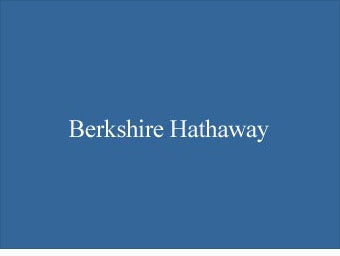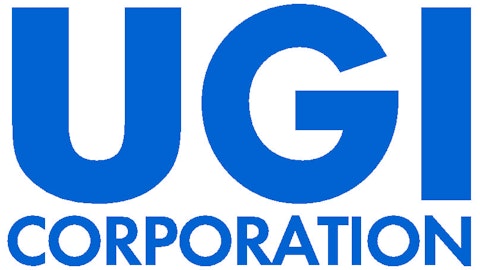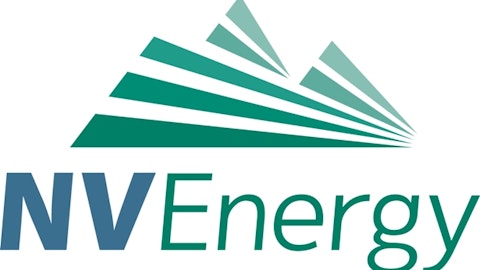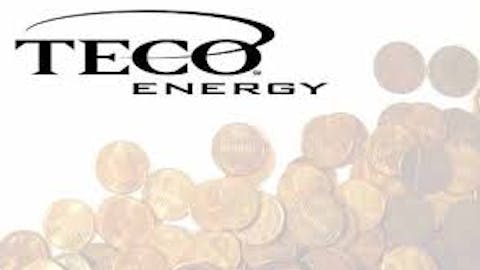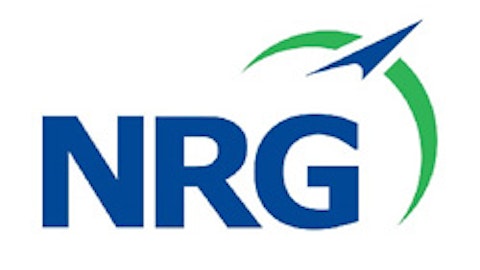Berkshire Hathaway Inc. (NYSE:BRK.B) recent buying spree looks set to continue with its purchase of Las Vegas-based power and natural gas utility NV Energy, Inc. (NYSE:NVE). Under the auspices of its Mid-American Energy subsidiary, Warren Buffett’s company has agreed to pay about $5.6 billion to acquire the utility company. This deal presents several obvious synergies for the two firms and suggests that Buffett maintains an interest in developing the sorts of clean, renewable energy sources that NV Energy already uses.
This deal should pique investors’ interest as well. Berkshire’s generous offer price puts a substantial premium on NV Energy’s shares, and the deal continues to hold out the prospect of an arbitrage premium. However, this transaction is not expected to close for several months. In the interim, a number of ongoing shareholder-rights investigations could produce legal action that delays or even scuttles the deal. Before jumping into this situation, investors should review all of the pertinent facts.
NV Energy, Berkshire-Hathaway and the competition
Berkshire Hathaway Inc. (NYSE:BRK.B)’s Mid-American Energy is a small but crucial part of the holding company’s portfolio. Although the utility space is not known for cutthroat competition or fast-changing business models, it is no longer the static, heavily regulated sector of yesteryear. As such, it might be worthwhile to compare the two companies that have the most at stake in this merger with another promising utility that operates in the American Southwest: Southwest Gas Corporation (NYSE:SWX).
Berkshire Hathaway Inc. (NYSE:BRK.B) has an eye-popping market capitalization of over $282 billion. This compares to more down-to-earth valuations of $5.5 billion for NV Energy, Inc. (NYSE:NVE) and $2.2 billion for Southwest Gas. Meanwhile, NV and Southwest had respective 2012 gross revenue figures of $3 billion and $1.9 billion. This compares to total 2012 revenues of $168.2 billion for Berkshire and $11.5 billion for its Mid-American subsidiary. During the same time frame, NV managed to turn a profit of about $331 million. Southwest Gas Corporation (NYSE:SWX) eked out a final income tally of $135 million. Berkshire Hathaway Inc. (NYSE:BRK.B) and Mid-American were considerably more profitable: Buffett’s holding company reported 2012 earnings of about $16.5 billion. His subsidiary earned about $1.5 billion.
Like many American utilities, NV and Southwest both carry substantial amounts of leverage. Buffett’s target currently has about $250 million in cash to offset long-term obligations of about $5 billion. With $33 million in cash and nearly $1.3 billion in debt, Southwest is in even rougher shape. By comparison, Berkshire has just under $50 billion in cash and just over $63 billion in debt.
How the deal is structured
Under the terms of this transaction, Berkshire Hathaway Inc. (NYSE:BRK.B)’s Mid-American subsidiary will pay about $5.6 million in cash for NV Energy. According to the Wall Street Journal’s analysis of this transaction, its all-cash nature sets it apart from a slew of recent all-stock utility mergers. As part of the deal, Mid-American will pony up $23.75 per share and assume nearly $5 billion in short-term and long-term debt obligations. Although there is no stated completion date, it seems likely that the deal will close by the end of 2013. This timetable is subject to change.
The uncertainty that surrounds this transaction has sustained a small but potentially profitable arbitrage premium for NV’s investors. NV Energy, Inc. (NYSE:NVE)’s current share price of about $23.50 is about 1% lower than Mid-American’s offer.
Potential complications and other issues
This deal is not expected to face significant regulatory hurdles. However, it could be held up by some brewing legal investigations that could potentially produce shareholder-rights lawsuits. These investigations center around NV’s purported failure to solicit competitive bids, and they insinuate that the utility is worth substantially more than Mid-American’s offer price. At this point, nothing indicates that these investigations will stop the deal in its tracks. However, they could contribute to delays or upward revisions in Mid-American’s offer.
Effects on competitors
Assuming that it goes through as planned, this deal will have immediate and significant impacts on both companies’ competitors. Buffett has made no secret of his desire to invest in sustainable energy operations in sparsely populated parts of the country, and the acquisition of a major Nevada utility will provide tremendous momentum for the solar, wind and geothermal energy projects that he has long favored. Since Mid-American already owns a number of solar farms in the Southwest and has invested heavily in other renewable projects, it has a major advantage over competitors like Southwest Gas.
With real estate prices in recession-wracked Nevada at multi-year lows, it seems likely that the combined company will invest heavily in rural land that can support large-scale solar and wind farms. Likewise, the unique geology of the Great Basin makes Nevada a prime spot for geothermal development. If this merger is successful, it could create a major force in the renewable energy business.
In sum, this deal’s small arbitrage premium is not its main selling point. Rather, the unique asset profiles of the two merging entities have the potential to reshape the utility business in the American Southwest. In the process, the combined firm could test the limits of large-scale renewable energy development and create a model for future endeavors in the sector. Investors who have relatively long time horizons are liable to be handsomely rewarded for their faith in this bold merger.
Mike Thiessen has no position in any stocks mentioned. The Motley Fool recommends Berkshire Hathaway Inc. (NYSE:BRK.B). The Motley Fool owns shares of Berkshire Hathaway. Mike is a member of The Motley Fool Blog Network — entries represent the personal opinion of the blogger and are not formally edited.
The article Can Investors Profit From Berkshire’s Purchase? originally appeared on Fool.com and is written by Mike Thiessen.
Copyright © 1995 – 2013 The Motley Fool, LLC. All rights reserved. The Motley Fool has a disclosure policy.
